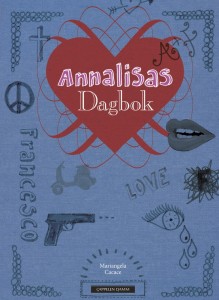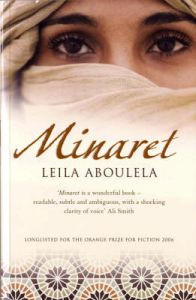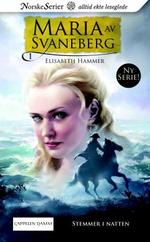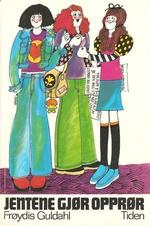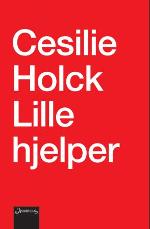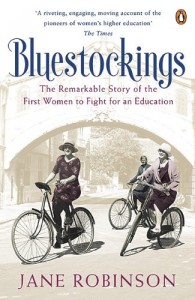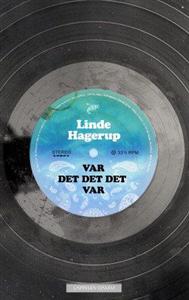 Det er ny runde i bokbloggturnéen, og jeg har lest Linde Hagerups Var det det det var.
Det er ny runde i bokbloggturnéen, og jeg har lest Linde Hagerups Var det det det var.
Kan vi først snakke om omslaget? For det gjør jeg jo ikke så ofte, jeg mener jo absolutt at det er innholdet i boka som er viktig, ikke hvordan den ser ut utenpå. Likevel er jo en tiltalende forside aldri galt, og denne? Denne tiltaler meg. Og det som er litt fint er at det passer svært godt til boka. Jeg ble litt forvirret når jeg først fikk boka i hendene, for omslaget passet ikke til den boka jeg trodde dette var. Nå vet jeg riktignok ikke helt hva jeg trodde, men hva det nå var var det feil. Og til den boka dette faktisk er passer dette – meget tiltalende – omslaget perfekt.
Var det det det var er den tredje boken om Billie, og jeg merker at det nok hadde vært en fordel å lese de to første først når man skal si noe fornuftig om denne, men samtidig står den fint på egne bein. Leseren blir også – heldigvis – spart for de endeløse repetisjonene av hva som har skjedd tidligere, sånn sett kan boka like gjerne leses helt frittstående.
Billie er snart femten og på mange måter moden for alderen, men denne våren blir bestevenninna Nina plutselig bråmoden og løper fra Billie på mange måter. Samtidig føler Billie at hun har mistet moren sin etter at moren fikk ny kjæreste, og plutselig er hennes andre bestevenn, Teddy, også fjern og anderledes. Var det det det var handler om å oppleve at venner forsvinner, men også at de kan komme tilbake, og at vennskap kan utvikle seg og være like sterkt selv om det endrer form.
Jeg synes det er artig at handlingen foregår i 1983, på den måten ligger settingen tett opp mot min egen ungdomstid, selv om jeg bare var 9 i 1983. Men jeg lurer litt på hvordan det påvirker leseropplevelsen til bokens målgruppe. Jeg føler nemlig at tidsplasseringen er litt tilfeldig i forhold til handlingen, og stusser derfor litt over at den er så fastspikret som den er. Noen politiske referanser stemmer godt med tidlig åttitall, men hovedhandlingen, forholdet mellom Billie og Nina og mellom Billie og moren føler jeg at like gjerne kunne vært satt til 2012. Kanskje spiller det derfor ingen rolle? Kanskje synes dagens ungdom det er gøy å lese en bok som omhandler foreldrenes ungdomstid?
– Det kommer nye dager, sa hun.
– Men det er nå jeg er her, hviska jeg.
(Side 117) Bokas styrke er uansett den følelsemessige tematikken. Det er lett gjenkjennelig, samme hvor gammel man er. Jeg mistenker at de fleste har opplevd å føle at de mister alle på en gang og blir stående helt alene – sannsynligvis i løpet av tenårene. Og her ligger også bokas svakhet, for meg i alle fall. Jeg føler at jeg får bli for lite kjent med Billie før jeg forventes å føle savn og svik på hennes vegne. Jeg kjenner igjen situasjonene og engasjeres intellektuelt, men hjertet er ikke helt med. Nettopp derfor burde jeg kanskje lest bok en og to først, for som den står mangler Var det det det var litt på helt å fange meg. Kanskje jeg får ta meg en tur på biblioteket? For dårlig var boka slett ikke.
I morgen kan du lese hva Regndrope mener om Var det det det var.
